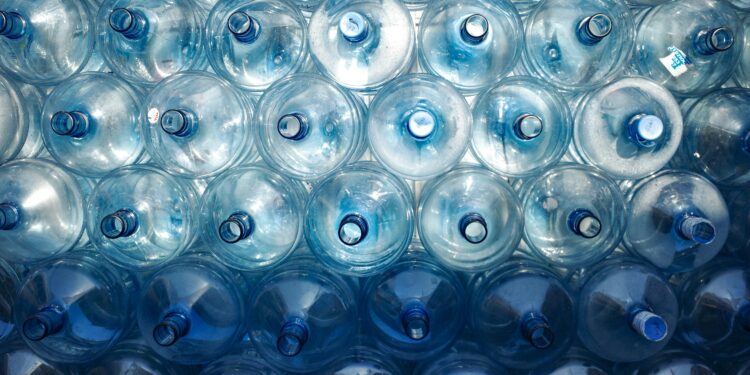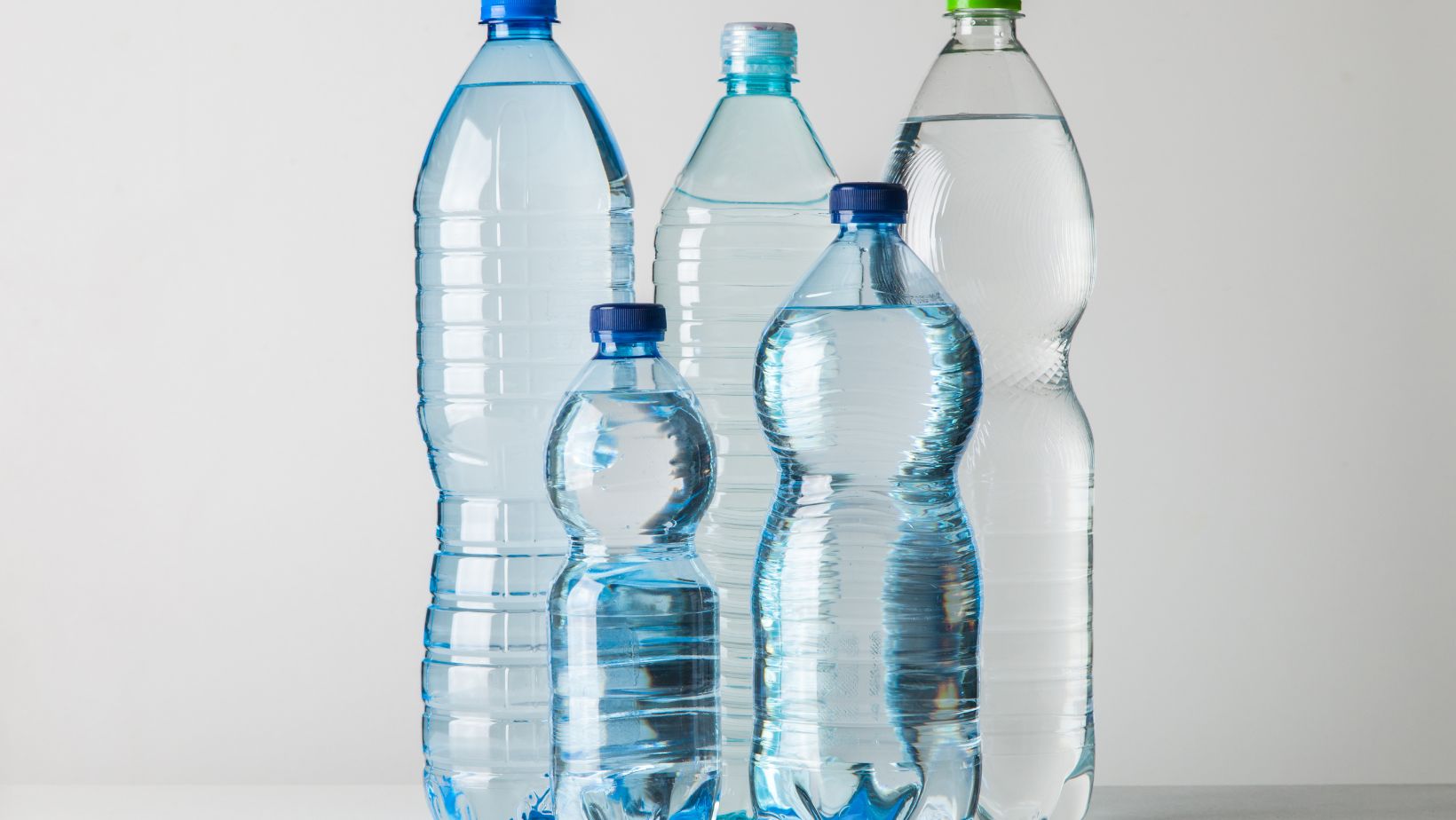Plastic water bottles have become a common item in many households. However, the overuse of these bottles has created a serious environmental problem. Each year, billions of single-use plastic bottles are produced and discarded, overwhelming landfills and polluting oceans worldwide.
Despite their convenience, plastic bottles contribute heavily to pollution, harming marine life, ecosystems, and even human health due to microplastic contamination. With global plastic waste expected to reach hundreds of millions of tons annually by 2025, urgent action is necessary to address this growing issue.
Why Plastic Bottled Water Is So Popular
One reason many people choose bottled water is the belief that it is safer or purer than tap water. However, studies show that bottled water is often less regulated than municipal tap water. Convenience is another factor driving its popularity. Bottled water is easy to carry and widely available, making it a common choice for hydration on the go.
For a more sustainable choice on the go, aluminum water bottles offer a better alternative for those who want convenience without the environmental cost. Aluminum is lightweight and highly recyclable, helping reduce the negative impact of plastic bottles.
The Scale of the Plastic Water Bottle Problem
Plastic water bottles symbolize convenience, but their environmental toll is huge. About 85% of plastic water bottles become waste, and most take up to 1,000 years to break down. Globally, billions of bottles are sold each year, with only 9-14% of all plastic ever made being recycled.
Discarded bottles and caps are among the most common plastic trash found on beaches, causing harm to oceans and marine life. Approximately 8 million tons of plastic enter the oceans annually, killing over 1.1 million seabirds and marine animals each year. As these bottles degrade, they release microplastics that enter the food chain, affecting marine life and potentially human health.
Producing plastic bottles also consumes vast amounts of fossil fuels. The manufacturing process alone burns millions of gallons of fuel and emits millions of tons of carbon dioxide each year.
How You Can Make a Difference
Switch to a durable aluminum water bottle. This simple change can save an average of 156 plastic bottles per person each year. Carry your bottle and refill it throughout the day.
Consider installing a water filter at home to improve the taste and safety of tap water, reducing the need to buy bottled water. You can also support the installation of water refill stations in public places and workplaces to make refilling reusable bottles easier.
Encourage tap water use at home, work, and public events. Tap water is often subject to stricter safety standards than bottled water in many countries.
If you must use plastic bottles, recycle them properly. Learn your latest local recycling rules to ensure bottles are processed correctly. Participate in or organize local cleanups to remove plastic waste from beaches, parks, and waterways, helping prevent further environmental damage.
Share information about the plastic water bottle problem with friends, family, and your community. Raising awareness is an important step toward changing habits and policies.
The Bigger Picture
Addressing the plastic water bottle crisis requires both individual action and broader changes. By cutting down on single-use plastics, supporting sustainable options, and pushing for improved waste management, everyone can help protect the environment for future generations.




























































